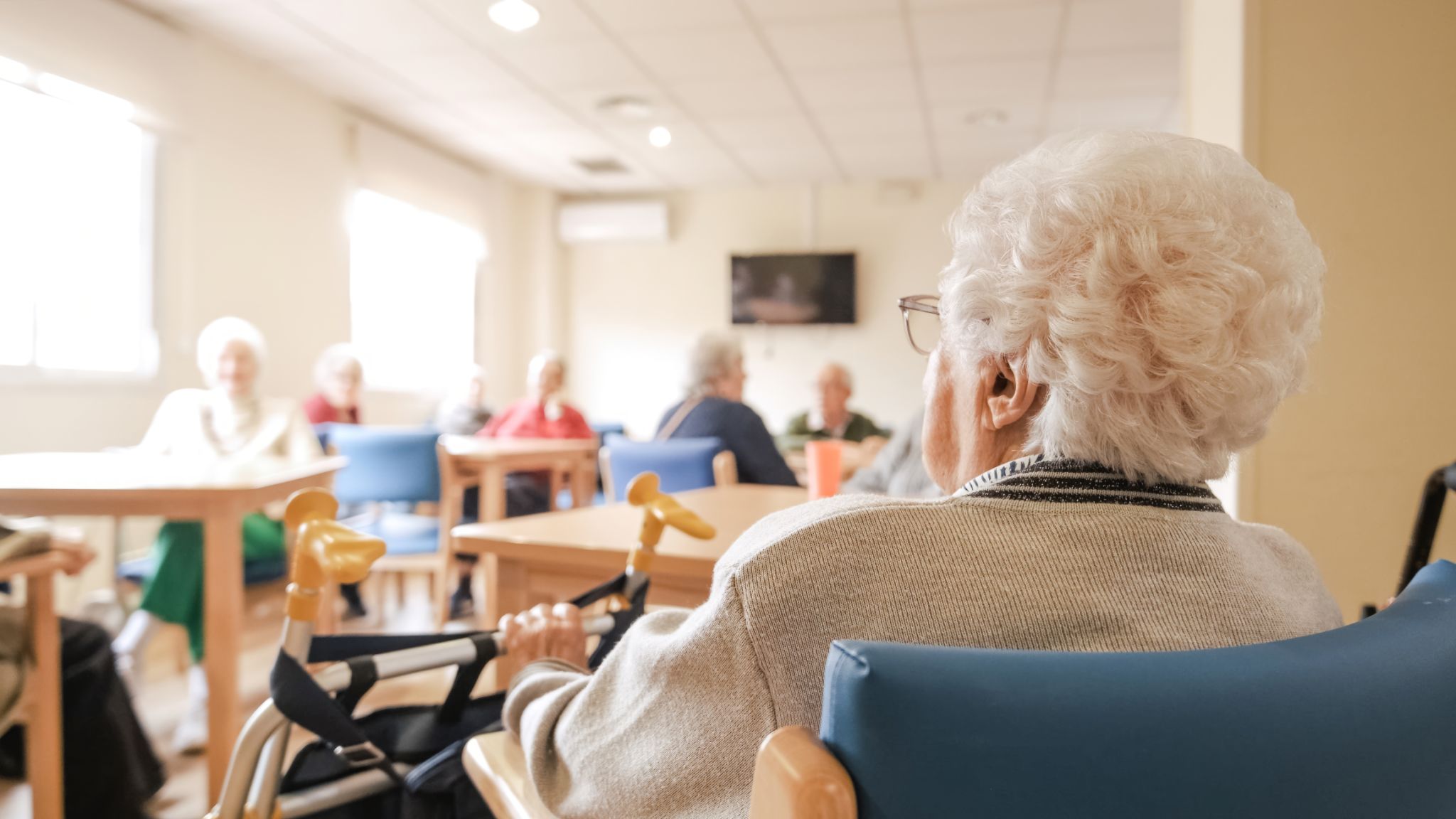Understanding the Benefits of Personalized Senior Care Plans
Introduction to Personalized Senior Care Plans
As individuals age, their needs and preferences evolve, making it essential to tailor care plans that suit their unique circumstances. Personalized senior care plans are designed to address these specific requirements, providing a comprehensive approach to elderly care. This customization ensures that seniors receive the attention and support they need to maintain their independence and quality of life.
Whether living at home or in a care facility, seniors benefit greatly from personalized plans that consider their health conditions, personal preferences, and lifestyle choices. By focusing on individual needs, these plans foster a sense of autonomy and dignity, crucial elements for enhancing the well-being of elderly individuals.

Key Components of Personalized Care Plans
Health Assessments
A critical step in developing a personalized care plan is conducting thorough health assessments. These evaluations provide insights into the senior's medical history, current health conditions, and potential future needs. With this information, caregivers can develop targeted strategies to manage chronic illnesses, prevent complications, and promote overall health.
Customized Daily Routines
Personalized care plans also include the creation of customized daily routines. These routines consider the senior's preferences for activities, meals, and social interactions. By aligning daily schedules with individual desires and capabilities, seniors are more likely to engage in activities that bring them joy and fulfillment.

The Emotional Benefits of Personalization
Beyond physical health, personalized senior care plans offer significant emotional benefits. Tailored care helps seniors feel valued and understood, reducing feelings of isolation and depression. When seniors know their preferences are respected, it boosts their confidence and sense of belonging.
Moreover, personalized plans allow for meaningful interactions with caregivers and family members. By focusing on activities that the senior enjoys, opportunities for building stronger relationships emerge, contributing positively to their mental health.

Enhancing Safety and Security
Home Modifications
For seniors living at home, personalized care plans often include home modifications to enhance safety. These modifications might involve installing grab bars in bathrooms, removing trip hazards, or improving lighting. Customized safety measures help prevent accidents and allow seniors to live independently for longer periods.
Emergency Preparedness
Another critical aspect is emergency preparedness. Personalized plans detail specific instructions for addressing medical emergencies or natural disasters. This preparation ensures that both seniors and their caregivers know how to respond promptly, minimizing risks during unforeseen events.
Conclusion: The Impact of Personalized Care
In summary, personalized senior care plans offer numerous benefits that significantly impact the quality of life for aging individuals. Through careful consideration of health needs, personal preferences, and safety requirements, these plans empower seniors to live with greater independence and joy.
By understanding and implementing personalized care strategies, families and caregivers can create supportive environments where seniors thrive both physically and emotionally. As we continue to explore innovative ways to enhance elderly care, personalization remains a cornerstone of effective and compassionate caregiving.